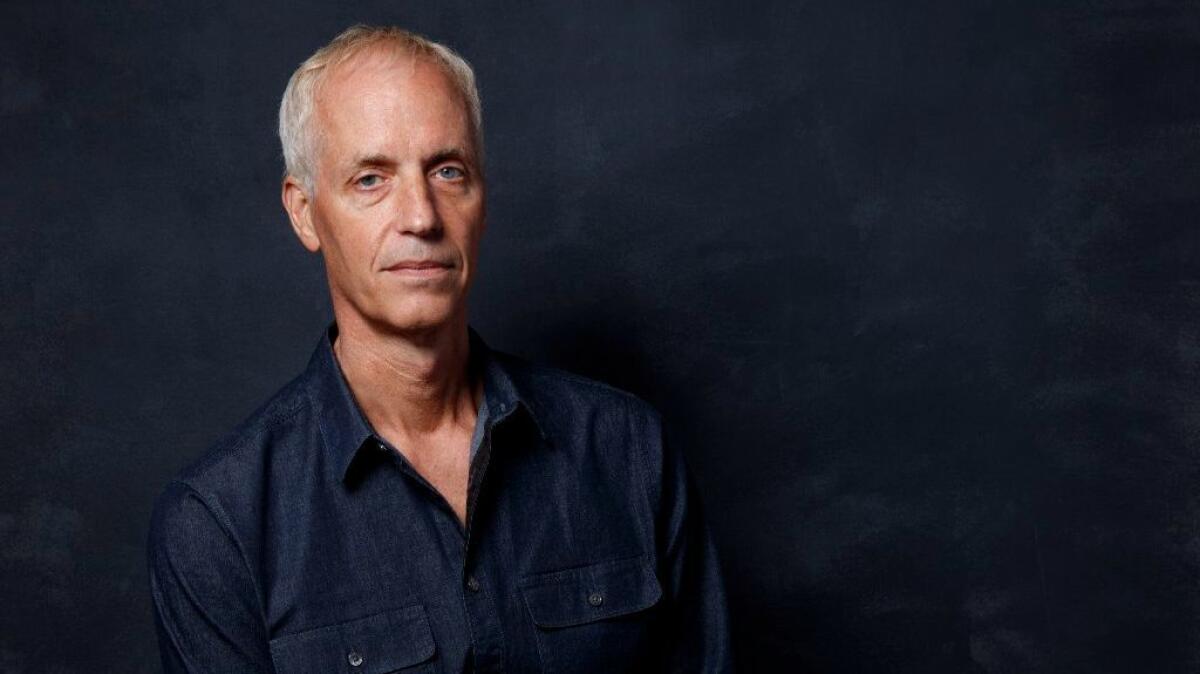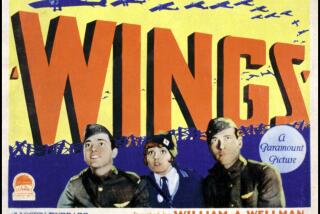Has star power wattage dimmed in recent years?
Does anyone care about stars anymore?
Well, probably if you’re looking to win an Academy Award. But wait: The last time a film starring an A-lister won the best picture Oscar was 2013, when Ben Affleck directed himself in “Argo.” (And no, Brad Pitt’s fleeting performance in 2014’s winner, “12 Years a Slave,” does not count as a star vehicle.) Since then, we’ve seen “Spotlight” and “Moonlight,” both ensemble films, take home the prize.
OK, so maybe stars matter if you care about box office. But wait: 2017’s box office titans really don’t include starring roles for A-listers. Sure, there are the fly-by appearances like Robert Downey Jr. in “Spider Man: Homecoming” and Tom Hardy in “Dunkirk” — movies that place in the box-office top 10 so far this year. But otherwise, there’s really just one movie starring a recognized A-lister that’s cracked the 2017 list: “Logan,” with Hugh Jackman.
Which is somewhat ironic, given that James Mangold, who directed “Logan,” could care less about the star/A-list game when he casts his pictures. “Stardom is an asset for business, but it’s not an asset for the creative endeavor,” he says. “In the past, the business side has made it much easier to get movies with ‘big stars.’ But that’s not as true as it once was.”
He makes a point: Movies that are making money these days are more often than not ensemble-heavy, part of an ongoing franchise or both. Movies that win Oscars in awards season are just as likely to be independents with little-known actors (“The Artist”), actors on their way up the ladder (“12 Years”) or those looking for a fresh start (“Birdman”). So do stars even matter?
See the most read stories this hour »
“I’m looking for great actors, but actors who can get you the financing,” says director Dan Gilroy, who adds that he wrote “Roman J. Israel, Esq.” for Denzel Washington — prime A-list material — and would not have made it without him. “You write something that can be made for a certain budget number, and then get the best actor you can,” he says.

For Stephen Frears, director of the Judi Dench-starring “Victoria and Abdul” and who also directed Meryl Streep in 2016’s “Florence Foster Jenkins,” it’s about the obviousness of an actor or actress for a role. “I’m not stupid,” he says. “You take out insurance [when casting lead actors]. But Meryl is such an obvious person to play Florence, and Judi was obvious to play Victoria.”
There is the argument that a very well-recognized face can trip up a character-driven story because audiences can struggle to separate the “star” from the character. “It’s a shock to the system when an actor of a certain brand level enters a film, particularly on smaller films,” says Mangold. “Every time an audience experiences an objectified analytical experience of who’s in a movie, there’s a slight loss of immersion.”
Christian Bale is certainly a top-level actor, but he’s also something of a cipher, which Scott Cooper, who directed him in “Hostiles” and calls him his “closest collaborator,” says works in his favor. “You don’t see him apart from his films,” he says. “You see an actor who is very deeply researched and not a ‘movie star.’ He’s one of the few who doesn’t bring baggage to a part.”
Video Q&A’s from this season’s hottest contenders »
Still, admits Cooper, Bale made his bones before social media became a phenomenon, adding that today, it’s harder to be a selective, aloof actor. “I’m told young actors need to have a high social media profile; that it translates to box office,” he says, adding that it nauseates him.
Nonetheless, even someone like Gilroy who supports the use of big stars admits that big names are not golden tickets, even someone like Washington as a protagonist. “An A-list star will lead people to the film, but it won’t guarantee you an audience,” he says. “If the movie works, you’ll reap serious benefits from it.”
And he notes, that’s where the directors and the writers and everyone else on a movie come in: They have to make everything great around the star, and not position the star as the sole shining light in the film’s universe.
“It may not matter if there’s a star in it or not; in the last couple of years, you’ve seen movies that have massively underperformed at the box office,” says Gilroy. “A star of magnitude guarantees you nothing but interest. If you don’t have anything relevant to say — nobody’s going to care.”

More to Read
From the Oscars to the Emmys.
Get the Envelope newsletter for exclusive awards season coverage, behind-the-scenes stories from the Envelope podcast and columnist Glenn Whipp’s must-read analysis.
You may occasionally receive promotional content from the Los Angeles Times.






